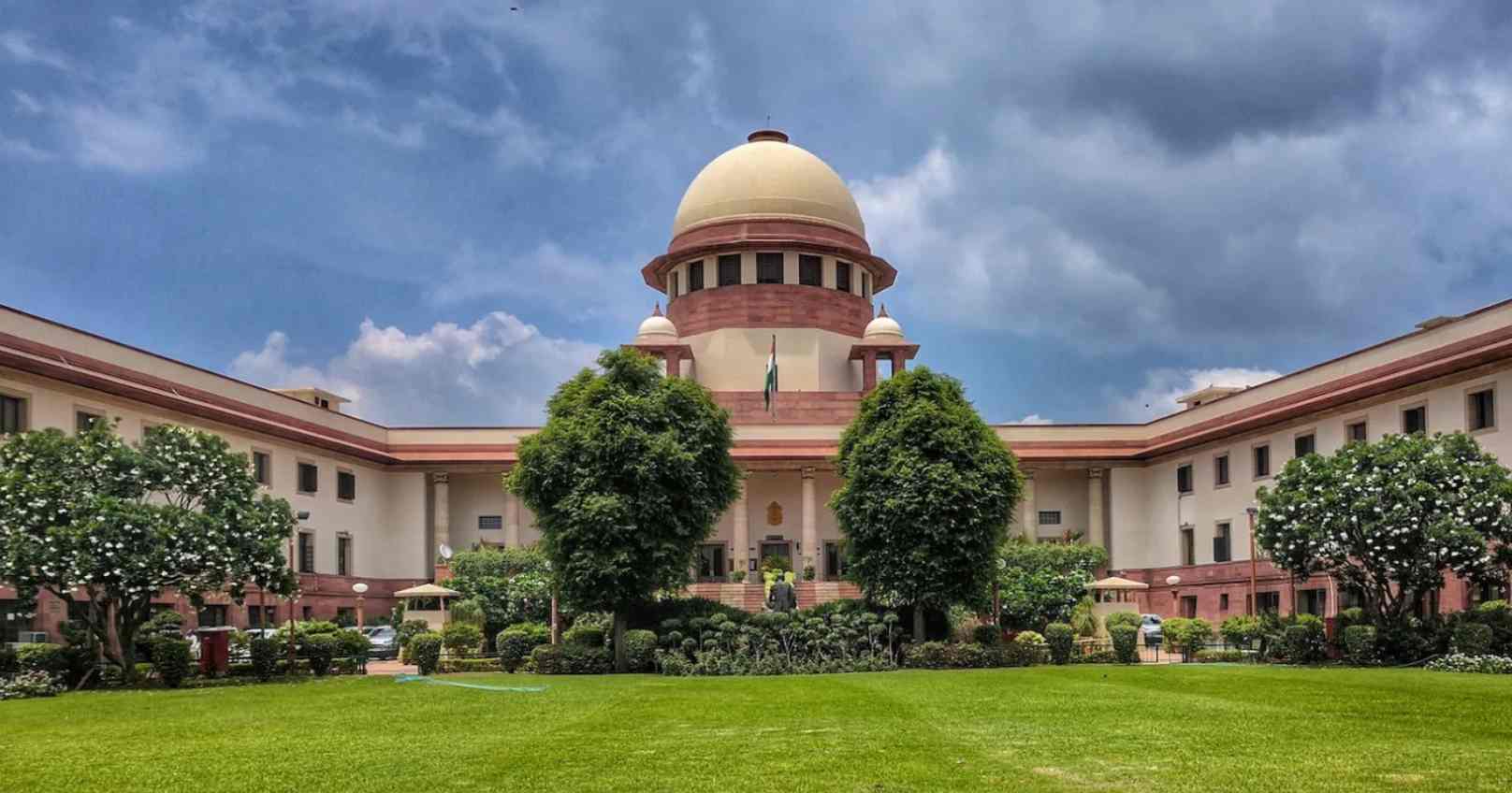India Overhauls Criminal Justice System with New Laws
India replaces British-era criminal laws with new codes to ensure quicker justice and address modern crimes
01-07-2024India's criminal justice system is undergoing a major transformation today with the introduction of three new criminal codes, replacing the longstanding British-era laws. The Indian Penal Code, Code of Criminal Procedure, and Indian Evidence Act are being replaced by the Bharatiya Nyaya Sanhita, Bharatiya Nagarik Suraksha Sanhita, and Bharatiya Sakshya Adhiniyam.
The government states that the new laws aim to ensure quicker justice and address modern forms of crime. Key changes include the requirement for judgments to be issued within 45 days after the trial's conclusion and for charges to be framed within 60 days of the first hearing. Additionally, the laws introduce the ability for individuals to file a Zero FIR at any police station, regardless of jurisdiction, and allow for online registration of police complaints and electronic serving of summons.
Mandatory videography of crime scenes for all serious offenses and the requirement for forensic team visits for crimes carrying sentences of seven years or more are also part of the new provisions. Union Home Minister Amit Shah emphasized that these changes are intended to provide "speedy justice and justice to all."
The new laws also address emerging crimes such as gang rapes, mob killings, and false promises of marriage, which Shah noted would increase the demand for forensic experts across the country. The National Forensic Science University (NFSU), with campuses in nine states and plans to expand to sixteen, will play a crucial role in meeting this demand.
However, the opposition, including the Congress party, has criticized the swift implementation of the new laws, arguing that more consultation was needed. West Bengal Chief Minister Mamata Banerjee has called on Prime Minister Narendra Modi to delay the enforcement of the "hurriedly passed" laws for further review by Parliament.
Chief Justice of India DY Chandrachud highlighted the significance of these changes, stating that no law impacts daily societal conduct as profoundly as criminal law.


A PIL by Sanvedana Foundation challenges the IRDAI’s 2020 circular allowing insurers to exclude ep
Read More
A Delhi court has ruled against releasing hotel CCTV footage in a case involving two Army Majors, ci
Read More
Chief Justice BR Gavai has pushed back against criticism of the judiciary over case backlogs, saying
Read More